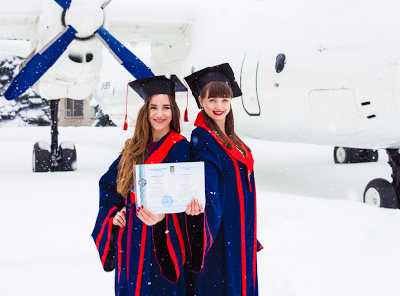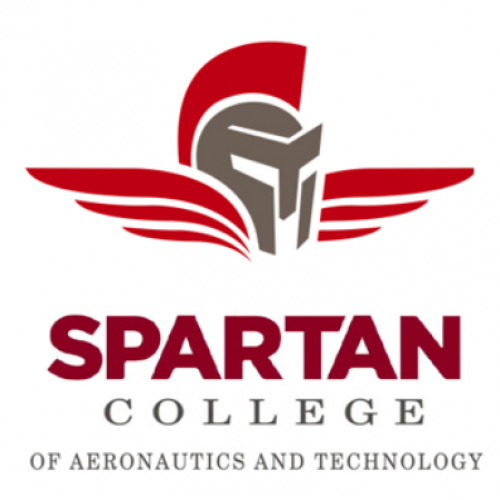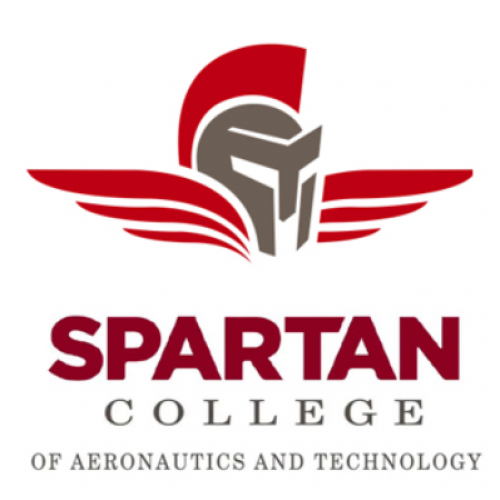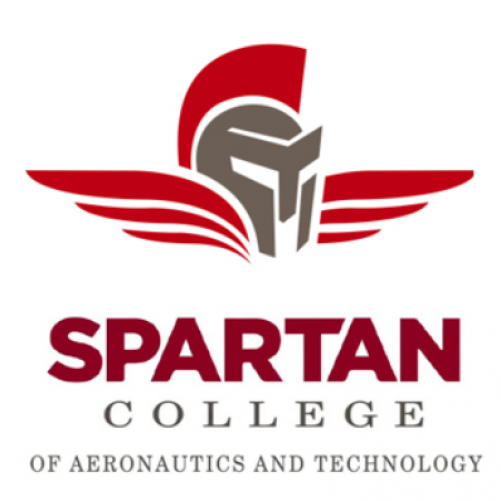For local resources,
choose a city page in Florida:

Aviation Degree Programs in Florida
Aviation degree programs in Florida are gaining popularity in the industry. Today, you can earn a Bachelor's or Associate's degree in-flight technology, aviation management, aviation technology, air traffic control, or avionics from a variety of colleges and universities near Florida. If you're planning on going to college and want to end up with a career in aviation, these college and university programs in Florida are a great way to meet your overall goals.
Pilot Training Colleges and Universities in Florida
Learning to fly and earning a pilot degree go hand-in-hand at pilot training colleges and pilot universities. Here are just a few of the advantages of earning a degree while you're becoming a pilot: Most, if not all, colleges, universities and flight academies in Florida that offer aviation degrees are accredited institutions that translate into a school you can trust. We hope you find our listed degree programs beneficial in achieving your aviation goals in Florida!
Accreditation means these schools must meet or exceed rigorous regulations and scrutiny by both their accrediting agency and the governing body where the school is located.  In addition, accredited schools' curricula must be approved and up-to-date in order to maintain accredited status. Most of these schools may be eligible to offer financial aid grants and loans to those students who qualify.
In addition, accredited schools' curricula must be approved and up-to-date in order to maintain accredited status. Most of these schools may be eligible to offer financial aid grants and loans to those students who qualify.
Finally, a college degree is all but a requirement in today's job market for a professional pilot seeking employment in Florida. In order to be marketable, most newbie pilots will need at least an Associate's degree or preferably a Bachelor's degree.
Aviation Maintenance Degree Programs around Florida
Aviation maintenance training and earning a college degree go hand-in-hand at these schools. Here are just a few of the advantages of earning a degree while you're learning the skills you need to become an A&P aircraft mechanic:
Most, if not all, colleges, universities and academies that offer aviation maintenance degrees are accredited institutions which means you can trust these schools. Accreditation means these schools must meet or exceed rigorous regulations and scrutiny by both their accrediting agency and the governing body where the school is located.
In addition, accredited schools' curricula must be approved and up-to-date in order to maintain accredited status. Most of these schools also are eligible to offer financial aid grants and loans to those who qualify. Finally, a college degree will help differentiate you in today's job market.
Helicopter Training Degrees in Florida
Helicopter pilot training and earning a college degree go hand-in-hand at these schools. Here are just a few of the advantages of earning a degree while you're becoming a pilot: Most, if not all, colleges, universities and flight academies that offer helicopter degrees are accredited institutions which means they are schools you can trust.
Accreditation means these institutions must meet or exceed rigorous regulations and scrutiny by both their accrediting agency and the governing body where the school is located. In addition, accredited schools' curricula must be approved and up-to-date in order to maintain accredited status.
Most of these schools also are eligible to offer financial aid grants and loans to those who qualify. Finally, a college degree is all but a requirement in today's job market for a professional helicopter pilot seeking employment in Florida. In order to be marketable, most newbie pilots will need at least an Associate's degree or preferably a Bachelor's degree.
Drone Schools and Universities Offering UAV Degrees in Florida
Time Magazine's Lev Grossman says 76 countries are either developing drones or shopping for them and fully one-third of the US Air Force aircraft fleet is now unmanned. One thing's for sure... the drone market is just starting to heat up. Universities are getting into the game, offering degree programs in unmanned aircraft systems for pilots, sensor operators, and drone mechanics.
Our list of drone schools below is a great place to start if you're considering getting into the drone industry.  Most of these drone university programs near Florida prepare you for a career in the UAV industry either as a pilot or sensor operator.
Most of these drone university programs near Florida prepare you for a career in the UAV industry either as a pilot or sensor operator.
You've probably got lots of questions about how the training works, how much it costs, what financing is available, and more, so why not contact the experts to get answers? Use the form on each school's page to request more info. Good luck!
Aviation Management Training in Florida
With global demand for air transportation expected to rise over the next 20 years, the need for qualified aviation and airport managers may be great. Aviation management training programs in Florida are gaining popularity at colleges and universities globally. Some schools also offer airport management training.
If you're considering a career in aviation management, you likely have a lot of questions about how much the training costs, how long it takes to complete, what the job market looks like after graduation, and more. Why not contact the experts to get your questions answered?
The schools in Florida can help you make a decision about what type of training program is best for you. Contact as many of the schools below as you need.
AT-CTI Air Traffic Control Degree in Florida
Air traffic controller training and earning a college degree go hand-in-hand at these FAA-approved schools. The FAA has a partnership program with select colleges and universities called the Air Traffic Collegiate Training Initiative (AT-CTI).
Some approved schools in Florida offer both Associate and Bachelor degrees in aviation which prepare graduates for entry-level job interviews for FAA air traffic control specialist positions. If you're thinking about becoming an air traffic controller, it's important to realize this is a competitive, high-paying, and high-stress career, and you'll need an impressive resume to get hired.
Most often, that resume will need to include a college degree. Why not "stack the deck" in your favor by earning a college degree that could apply directly to your career? There's also another advantage to earning a degree from AT-CTI approved colleges... doing so allows you to bypass the first five weeks of training at the FAA's Oklahoma City ATC training program (the FAA calls this five-week course the Air Traffic Basics Course).
You've probably got more questions so why not ask the experts? Contact the schools below for the information you need to make a decision about attending an FAA AT-CTI program.
The Aviation Maintenance Technician Handbook Airframe
The Aviation Maintenance Technician Handbook—Airframe (FAA-H-8083-31A) was produced by the Federal Aviation Administration (FAA) with the assistance of Safety Research Corporation of America (SRCA).
FAA - A Brief History of Airplane Structures
The history of airplane structures underlies the history of aviation in general. Advances in materials and processes used to construct aircraft have led to their evolution from simple wood truss structures to the sleek aerodynamic flying machines of today. Combined with continuous powerplant development, the structures of “flying machines” have changed significantly.
Helicopter Structures
Airframe The airframe, or fundamental structure, of a helicopter can be made of either metal or wood composite materials, or some combination of the two. Typically, a composite component consists of many layers of fiber-impregnated resins, bonded to form a smooth panel. Tubular and sheet metal substructures are usually made of aluminum, though stainless steel or titanium are sometimes used in areas subject to higher stress or heat. Airframe design encompasses engineering, aerodynamics, materials technology, and manufacturing methods to achieve favorable balances of performance, reliability, and cost.



